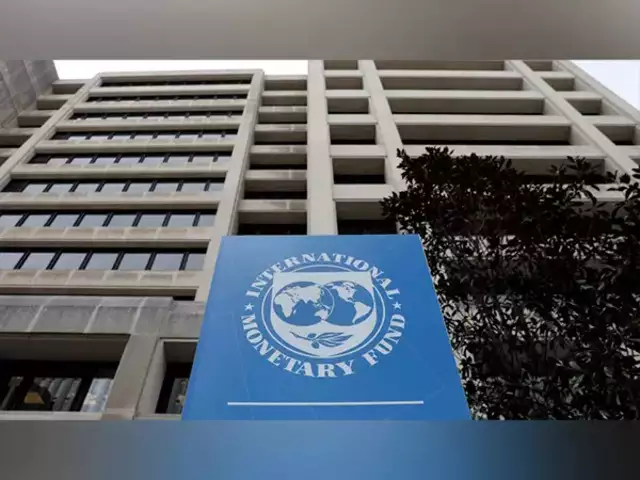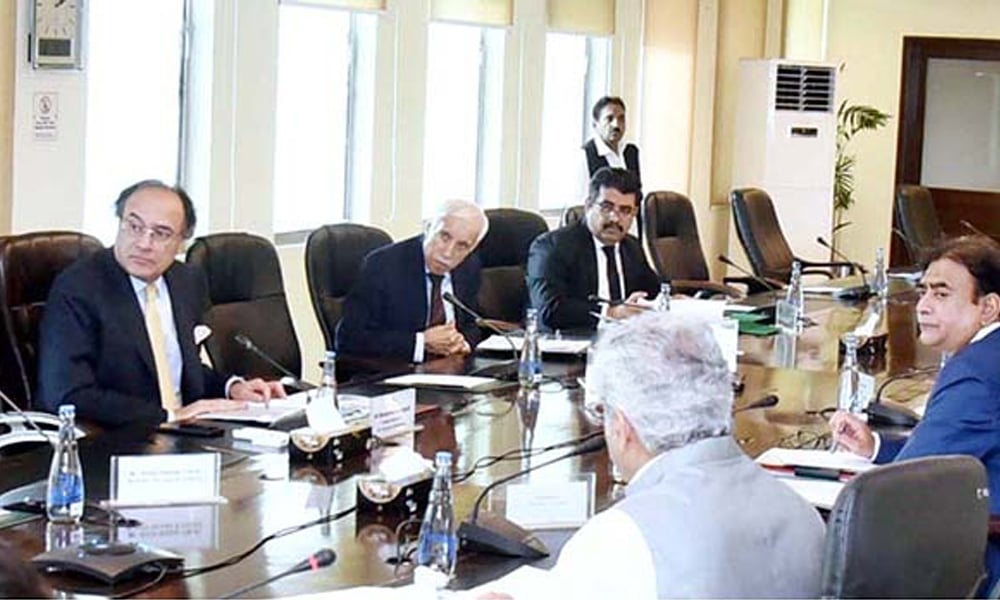Mohsin Siddiqui (Chief Reporter)
Pakistan has formally requested the International Monetary Fund (IMF) to extend an $8 billion loan package. This move is intended to fully utilize Pakistan’s remaining maximum quota under the new Extended Fund Facility (EFF), which exceeds the IMF’s current offer by approximately $2 billion.
Pakistan is seeking this substantial amount under the EFF, along with any additional financing available through the Resilient and Sustainability Facility (RSF). The IMF, however, has indicated a willingness to provide a $6 billion deal, contingent on Pakistan meeting specific conditions.
Pakistan’s quota with the IMF stands at 2.03 billion Special Drawing Rights (SDRs), equivalent to $2.7 billion. A country can access up to 435% of its quota, translating to $11.7 billion. Given that Pakistan has already utilized $3.3 billion from previous deals, it has about $8.4 billion remaining in its quota. The Pakistani finance ministry aims to leverage almost this entire remaining quota, but the IMF’s current stance points towards a $6 billion limit.
The request for a higher loan amount comes with tougher conditions from the IMF, which were outlined during the staff’s visit to Pakistan from May 10th to 23rd. One significant condition includes implementing additional revenue measures equal to 1.6% of GDP, or Rs2 trillion.
A senior official from the finance ministry, speaking anonymously, confirmed the country’s pursuit of the $8 billion deal. However, the final decision lies with the IMF management. If Pakistan secures the maximum quota, it will incur an additional surcharge of 2% above the standard interest rates of the EFF program.
Pakistan faces considerable financing requirements for the next fiscal year, which no single creditor can fulfill alone. The IMF, in its press release, mentioned ongoing policy discussions with Pakistani authorities to finalize the necessary financial support, including contributions from Pakistan’s bilateral and multilateral partners.
The Pakistani government, led by the Pakistan Muslim League-Nawaz (PML-N), has decided not to request new cash deposit loans from traditional bilateral creditors. This decision was confirmed by a cabinet member on condition of anonymity. Prime Minister Shahbaz Sharif publicly announced in the United Arab Emirates that Pakistan would cease seeking bilateral loans, symbolically breaking the “begging bowl.”
Currently, Saudi Arabia, the United Arab Emirates, and China have deposited $12 billion in cash with Pakistan’s central bank, $5 billion of which is set to mature in July this year.
The IMF mission left Pakistan last month without signing an agreement, linking the final deal to further discussions within the IMF board. The IMF will present its mission findings to the board for consideration and decision-making.
During a briefing with the Pakistan Peoples Party (PPP) leadership, Finance Minister Muhammad Aurangzeb stated that signing the staff-level agreement does not require prior approval from the IMF board. The government briefed the PPP on the IMF’s conditions for the new bailout package, which include budget approval, hikes in electricity and gas prices, signing the National Finance Pact (NFC renegotiation), and obtaining parliamentary approval for supplementary grants.
The IMF has stipulated that four presidential ordinances promulgated in December under the previous $3 billion IMF program must now be approved by parliament. These ordinances aim to enhance governance in four government-owned entities: the National Highway Authority (NHA), Pakistan Post, Pakistan National Shipping Corporation (PNSC), and Pakistan Broadcasting Corporation (PBC). The laws seek to separate the roles of chairpersons and chief executives in these entities, aligning them with the State-Owned Enterprises (Governance and Operations) Act, 2023, which was enacted in January.




